 |
| April 28, 2022 |
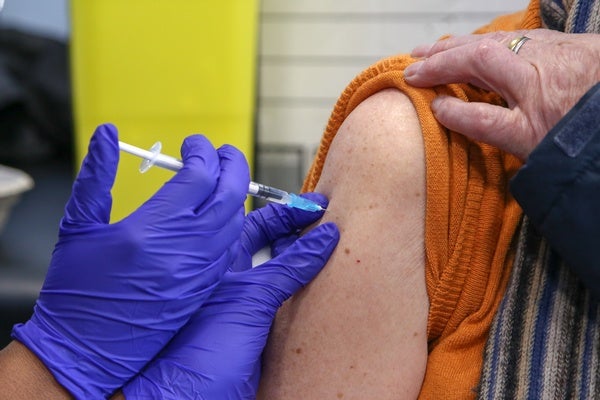 |
| |
| |
| Neuroscience Mapping the Brain to Understand the Mind New technology is enabling neuroscientists to make increasingly detailed wiring diagrams that could yield new insights into brain function | | By Monique Brouillette,Knowable Magazine | | | |
| Computing It's Time to Open the Black Box of Social Media Social media companies need to give their data to independent researchers to better understand how to keep users safe | | By Renée DiResta,Laura Edelson,Brendan Nyhan,Ethan Zuckerman | | | |
| |
| |
| |
| |
| |
| |
FROM THE STORE
 | | | |
| |
FROM THE ARCHIVE
 | | | |
LATEST ISSUES
 |
| |
| Questions? Comments?  | |
| Download the Scientific American App |
| |
| |


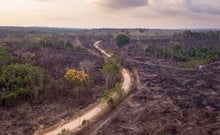
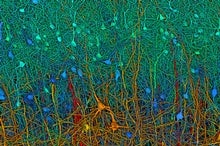

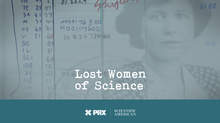
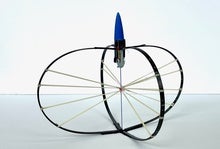
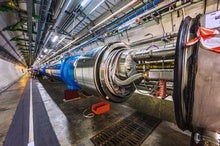

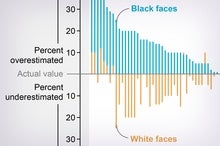

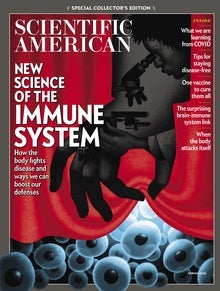



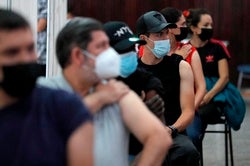


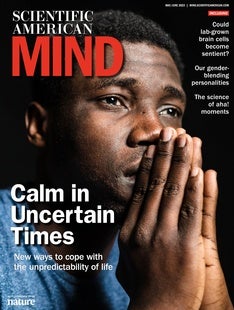
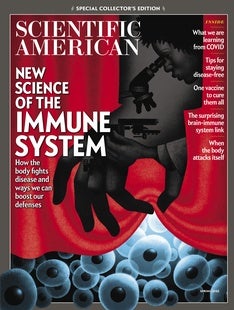
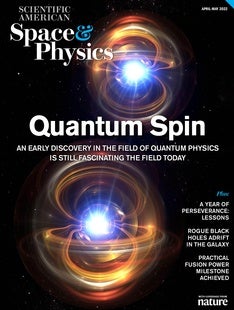



Comments
Post a Comment